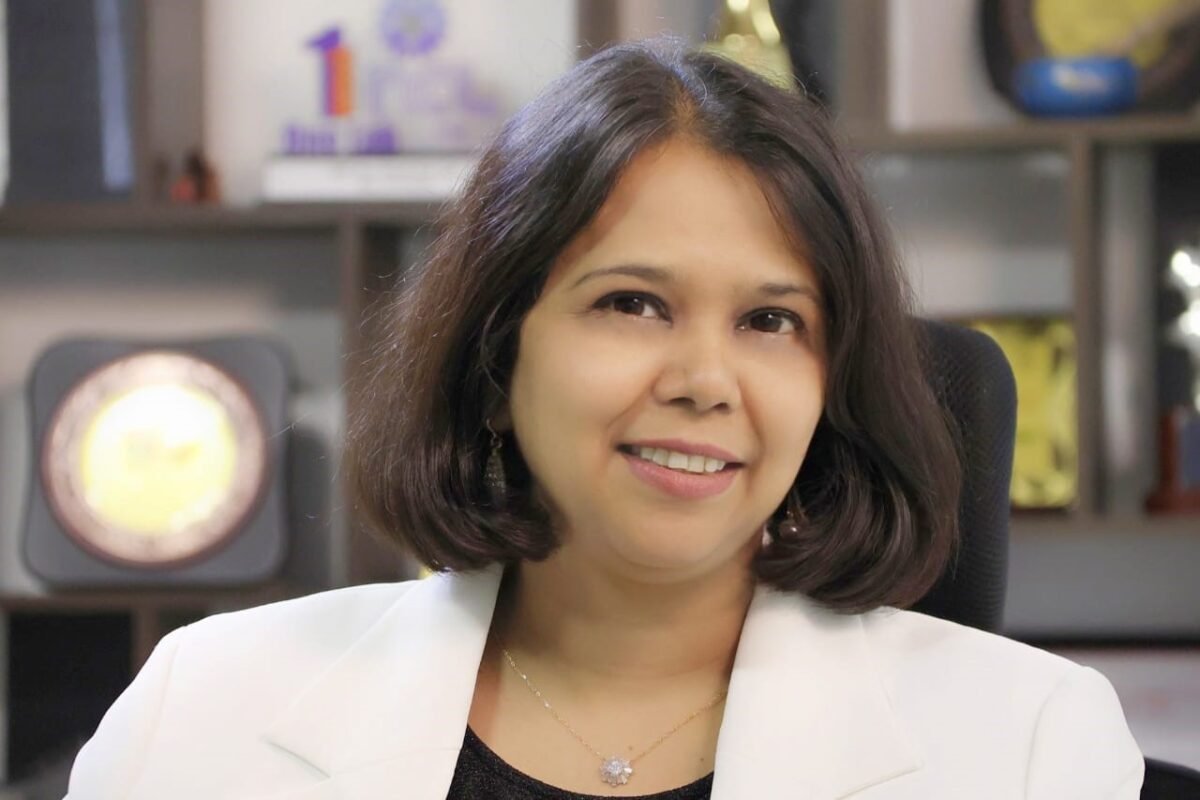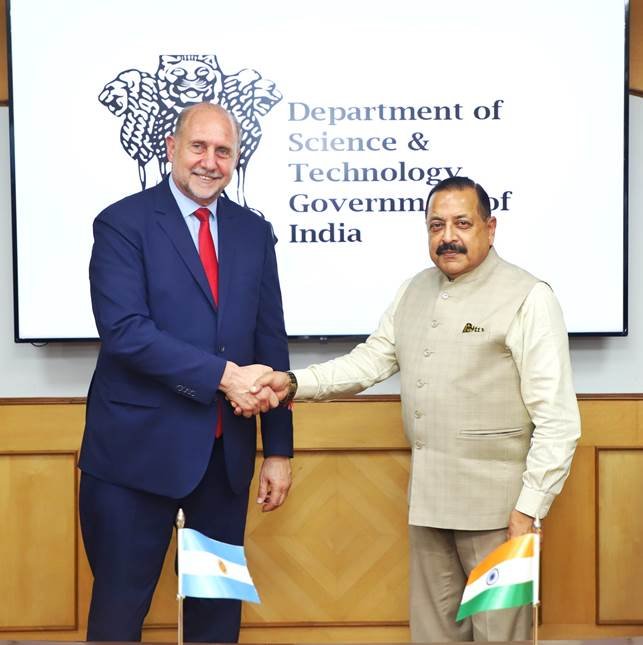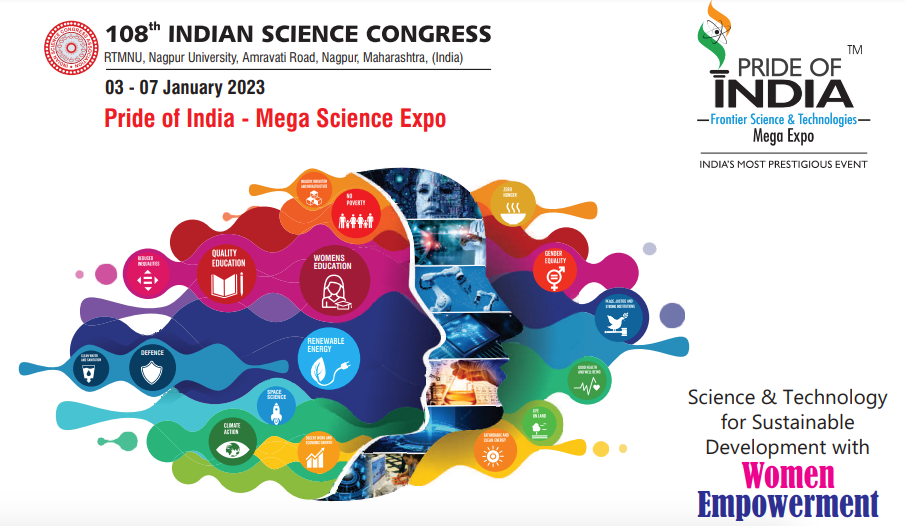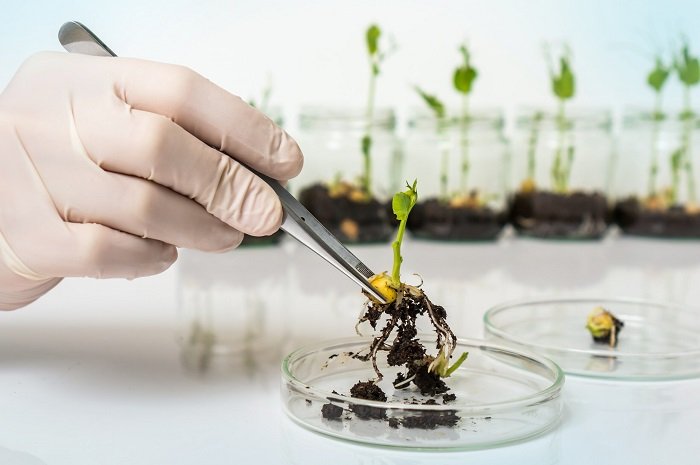How Biotechnology is Boosting Agri Industry Growth
By Dr Renuka Diwan, Co-founder & Chief Executive Officer, BioPrime Agrisolutions
A sustainable and resilient agricultural future is built on biotechnology, which is more than just a tool for increasing crop output. Startups are leading this change by using state-of-the-art technologies to provide comprehensive solutions that help consumers, farmers, and the environment.
Biotechnology has emerged as one of the most transformative forces in the agricultural sector, addressing some of the most critical challenges: food security, environmental sustainability, and resilience to climate change. Over the last few decades, advances in this field have paved the way for more efficient, sustainable, and precise farming practices. Today, the convergence of biotechnology with data science, genomics, and precision agriculture has redefined how we think about crop production and farm management.
At its core, agricultural biotechnology applies biological principles and tools to enhance crop productivity, improve resilience, and reduce dependency on chemical inputs. Some of the key applications include:
Genetically Modified Organisms (GMOs): GM crops were one of the earliest breakthroughs in agricultural biotechnology. These crops, such as Bt cotton and herbicide-resistant soybeans, were engineered to confer pest resistance and herbicide tolerance. As of 2021, more than 190 million hectares of GM crops were cultivated globally, with the U.S., Brazil, and India leading the adoption.
Success Story: Bt cotton, introduced in India in 2002, drastically reduced the need for chemical pesticides and increased yields. Today, more than 95 per cent of cotton grown in India is Bt cotton, contributing significantly to the country’s agricultural GDP.
CRISPR-Cas9 and Gene Editing: The CRISPR revolution has taken biotechnology to new heights by enabling precise genetic modifications. Unlike traditional GMOs, CRISPR can “edit” genes within the crop itself without introducing foreign DNA. This tool has been used to improve drought tolerance in wheat and increase yield potential in rice.
Success Story: Corteva Agriscience has developed a CRISPR-edited variety of waxy corn with improved starch properties, providing enhanced value for the food processing industry.
Microbial Solutions for Soil and Plant Health: The focus has shifted to the soil and plant microbiome as a critical component of agricultural sustainability. Microbes play an essential role in nutrient cycling, soil fertility, and plant immunity. Advances in microbiome research have identified beneficial microbes that can enhance nutrient uptake, improve stress tolerance, and even protect against pathogens.
Success Story: The Bioprime’s Bionexus platform has revolutionised microbial research by building India’s largest plant-associated microbe library that houses 18000 + microbes from 13 agro-climatic zones and 3 biodiversity hotspots. These solutions are designed to replace or reduce the consumption of synthetic fertilisers and pesticides while maintaining high productivity.
In the global market, Pivot, a U.S.-based company, uses engineered microbial strains to improve nitrogen fixation and reduce the need for synthetic nitrogen fertilisers.
Biostimulants and Secondary Metabolites: Biostimulants such as seaweed extracts, humic acids, and microbial metabolites are gaining momentum due to their ability to enhance plant growth and boost resilience naturally. Bioprime’s proprietary SNIPR platform uses secondary metabolite-based signalling molecules to prime crops for stress tolerance, effectively mitigating the impact of abiotic stresses like drought, heat and salinity.
RNA Interference (RNAi): RNAi technology offers a targeted approach to pest and disease management by silencing specific genes in pests or pathogens. Monsanto’s SmartStax Pro corn, which uses RNAi technology to combat corn rootworm, is a landmark product in this category.
Precision Agriculture Meets Biotechnology: The integration of biotechnology with precision agriculture allows for a more data-driven approach to crop management. By leveraging IoT devices, drones, and AI models, farmers can apply biostimulants and biopesticides in a targeted manner, ensuring maximum efficiency and sustainability.
Case Study: Syngenta’s digital platform combines biological products with precision tools, enabling real-time monitoring of soil health, crop growth, and pest pressures. This helps farmers apply the right inputs at the right time, reducing waste and improving outcomes.
To read more click: https://agrospectrumindia.com/e-magazine
By Dr Renuka Diwan, Co-founder & Chief









